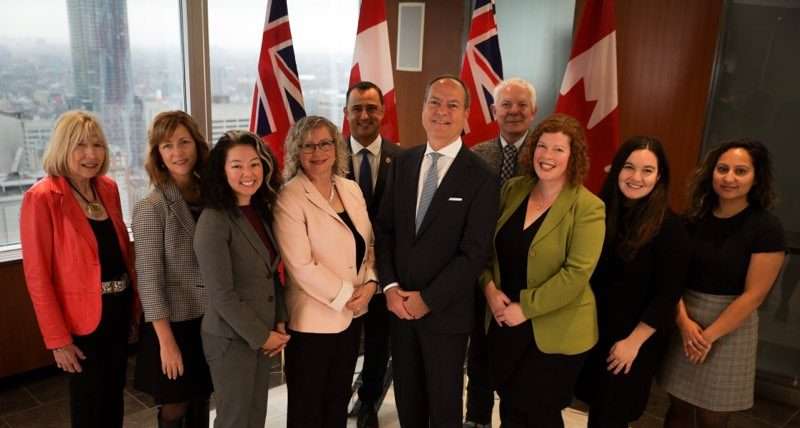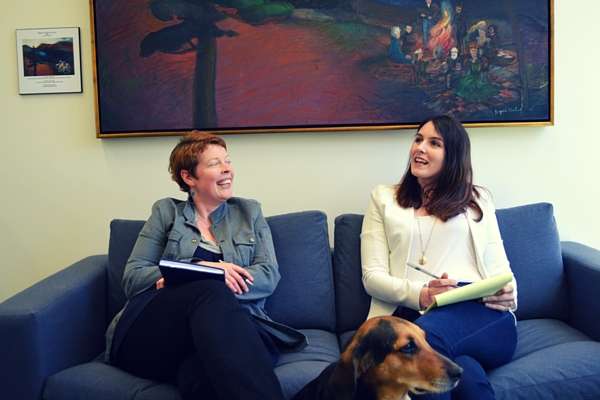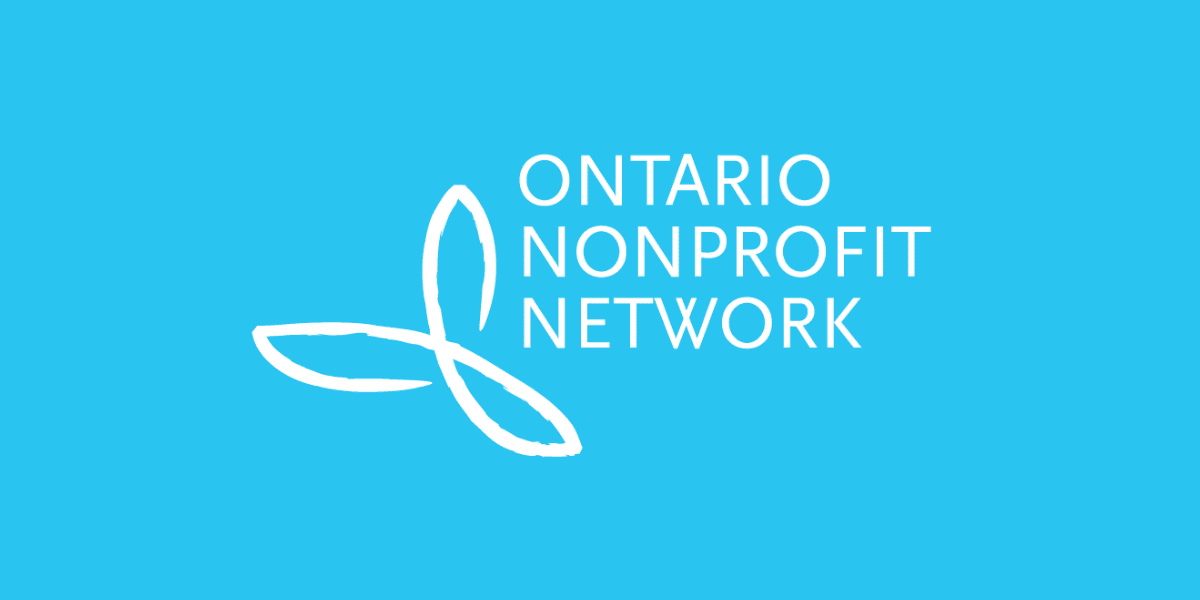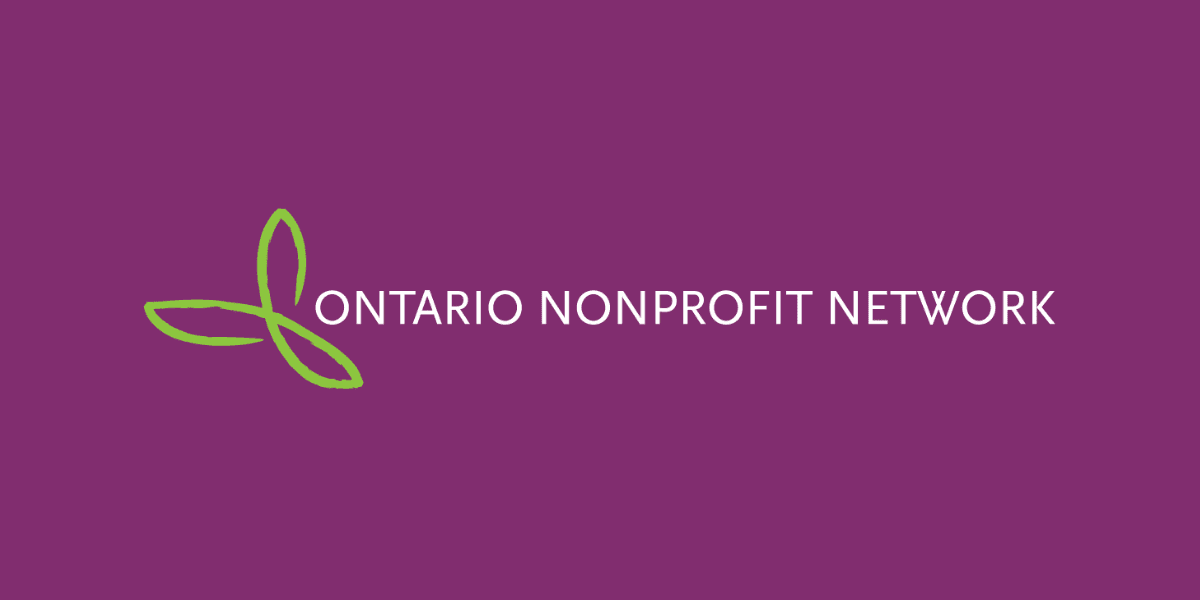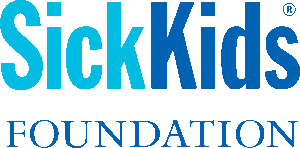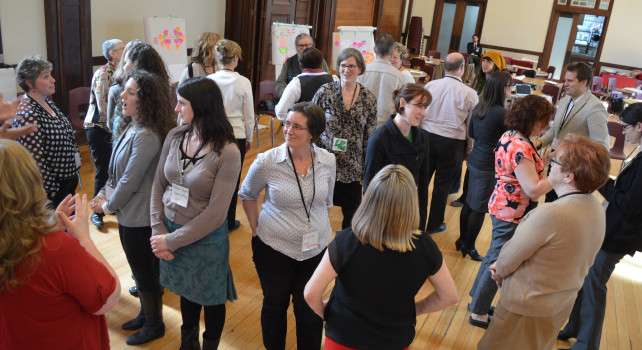
Blog
The Legacy of Open for Business
This is a process created by the Ontario government, and led by the (former) Ministry of Economic Development, Trade and Employment. It’s an initiative to “create faster, smarter and streamlined government- to-business services and to establish a modern system of government. It’s a key part of the Ontario government’s commitment to make the Province more attractive to business while continuing to protect the public interest.”
The rules? Come up with five priorities that the industry and government could work on together to reduce red tape and streamline administration. The catch? Come up with five priorities that industry and government could work on together, but couldn’t involve new (or changes to existing) legislation- or new money. And they had to be agreed upon by leadership, both public service and political, in the relevant ministry (Deputy Minister and Minister).
In 2012, ONN was invited to participate as an “industry” to help engage the community nonprofit sector in the O4B process. There’s no doubt this was a great opportunity, and likely a result of ONN’s leadership during the development of the Partnership Project, along with growing recognition of the sector’s social and economic contributions. It was also a great deal of work. The process was intense with a short time period, requiring the efforts of many leadership volunteers from across the province, as well as government colleagues.
Five Commitments
In June 2012, the five Open for Business (O4B) commitments were announced, as agreed to by ONN and the government of Ontario. These were heady times, full of anticipation and optimism, and from a personal note, the round table to announce them was my very first meeting as ONN staff.
The five O4B recommendations:
- clarity about police record checks
- expansion of the Infrastructure Ontario Loan Program
- access to the registry of surplus Ontario government lands prior to public sale
- funding reform initiatives, and
- access to the government of Ontario’s vendor of record system.
You can read the final Round Table report and recommendations here.
Following the announcement, implementation started in September 2012 and recommendations were designed to be completed within one year.
Two years later- What happened and what did we learn?
Firstly, there is no doubt this process was a milestone for ONN and its work with the Ontario government. It opened doors and introduced us to colleagues in many different ministries and program areas that we wouldn’t have had the opportunity otherwise to meet, and provided us with an opportunity to engage more and diverse representatives from the nonprofit sector.
Secondly, it was a tonne of work and even “short term” wins were certainly not that – we learned that government is complicated, implementation takes time, and many variables need to be considered. What seemed initially to be simple, agreed -upon recommendations do not immediately translate into concrete action.
Have we made progress? Absolutely. Can we check all five recommendations off the to-do list? No.
Three are completed:
- Clarity about Police Record Checks: In January 2013, the Ministry of Community Safety and Correctional Services, Ministry of Citizenship and Immigration (MCI) and ONN created a document outlining the provincial legislative and regulatory requirements for police record checks.
- Access to surplus government lands: In April 2013, we launched the Nonprofit Registry for Public Benefit Lands. This registry is the first of its kind in Ontario giving eligible not-for-profit organizations access to a list of surplus government lands- before they go on the open market.
- Access to Vendor of Record program: Nonprofits and charities receiving provincial funding can now access the Ontario Government’s program to buy goods and services, with benefits for potential savings and streamlining of resources. Letters were sent to all provincially funded organizations by their primary ministry earlier in 2014. Vendor of Record Program
In September 2014, the Ministry of Consumer Safety and Correctional Services was mandated to review police record checks, as part of an issues review of policing and civil liberties. We will continue to monitor and report on this, as well as access to the Lands Registry and Vendor of Record program.
The two remaining recommendations are still in progress and remain active ONN priorities:
- Expansion of the Infrastructure Ontario Loan Program to all charitable, nonprofit and cooperative organizations providing public benefit. This plan would have an incremental implementation plan. This policy recommendation is still being considered by government officials.
- Streamlining and Modernizing Government Funding and Strengthening the Funding Relationship were top priorities and included 11 sub-recommendations. The Joint Funding Reform Steering Committee guided discussions over the past two years. A new Joint Funding Reform Forum will replace the Committee in October 2014. Responsibilities for ensuring the 11 recommendations will be considered and implemented will be led by the government’s internal Transfer Payment Administration Modernization Project (TPAM). ONN and the Ministry of Citizenship & Immigration and International Trade remain co-leads on this work.
Moving Forward
From ONN’s perspective, the Open for Business process is now completed. It was a success, but not unqualified. It led to greater profile for Ontario’s nonprofit sector within government, an expansion of our network of policy and strategic advisors and leaders, and an increased profile of ONN. We also identified champions in government that we continue to work with.
It was also a learning experience. We were frustrated, at times, at what often seemed like the slow progress of a large monolithic institution. But we made some serious progress on some key issues and continue to work actively on the outstanding files.
In retrospect, perhaps it was naïve to think this one process could resolve, in only a year (or two!), a number of the challenges and opportunities that the sector had identified for many years. It was a leap of faith to partake in the “O4B” process and although there is still work to be done, all in all, ONN is grateful for the opportunity. But we’re ready to move on, confident in the knowledge that we’ve contributed to some important improvements to the nonprofit sector’s partnership with Queen’s Park, influenced government’s awareness and priorities in some key areas, and will continue to work with many champions inside government as we strengthen Ontario’s nonprofit sector!
About the author
Cathy Taylor is the Executive Director of the Ontario Nonprofit Network.
